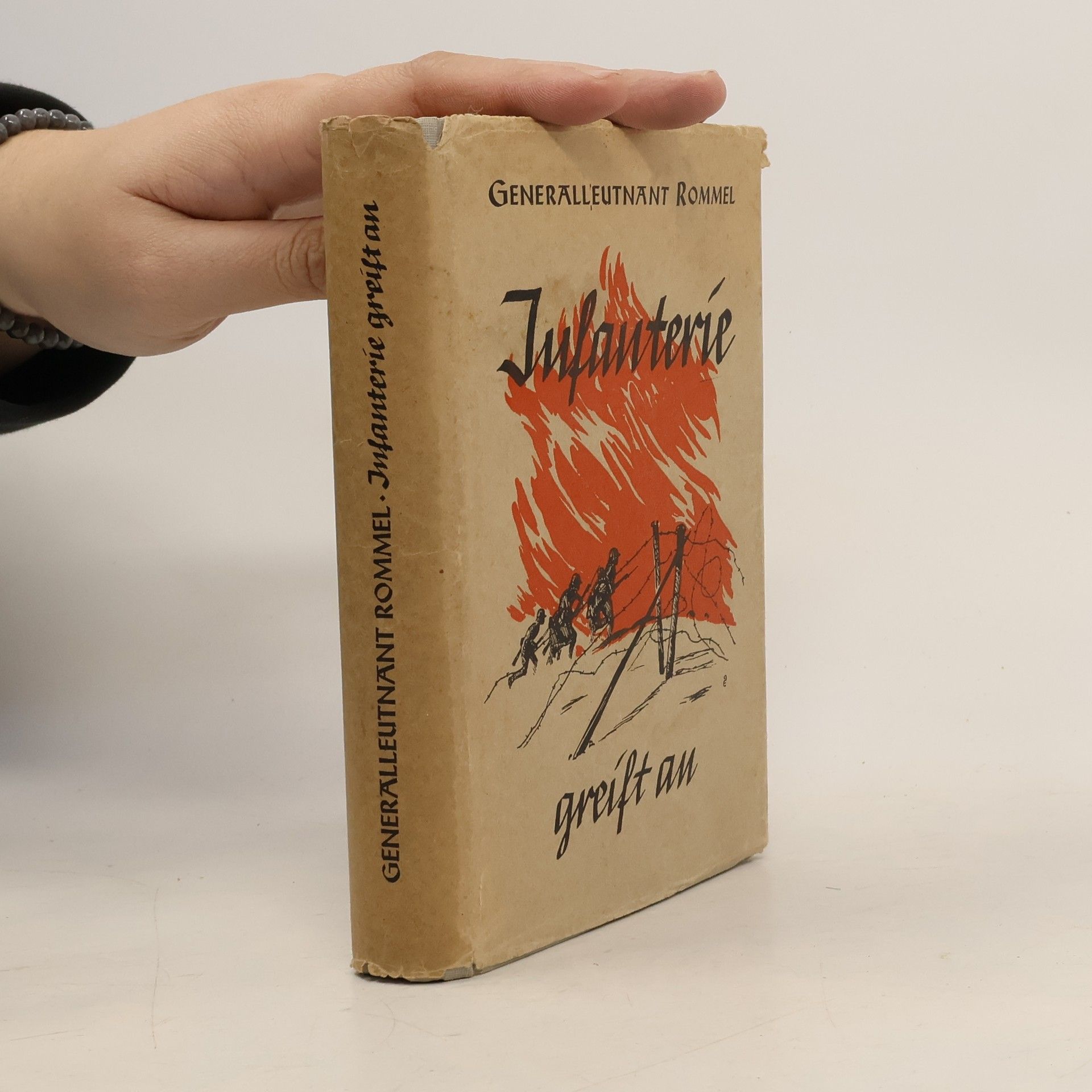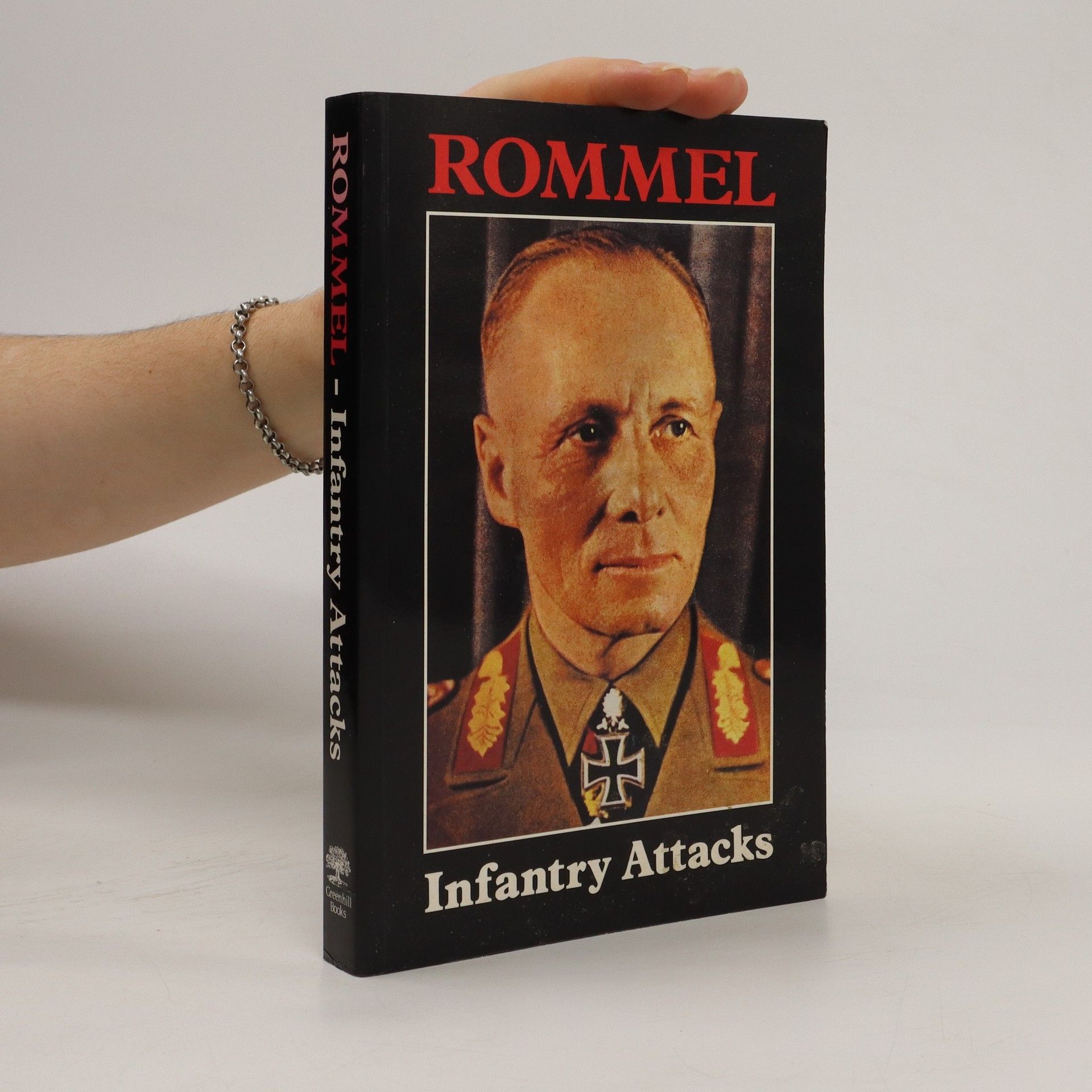Rommel's classic World War I analysis of tactics and war experiences.
Erwin Rommel Books
This author is primarily known for his military career as a field marshal in the German army during World War II. His tactical approaches, refined from World War I experiences and detailed in his classic work, have become a subject of study. His command in the North African campaign earned him the moniker "Desert Fox," highlighting his prowess as a tank commander. The author's figure and his relationship with the prevailing political regime remain subjects of historical debate and interpretation, making him a complex and ambiguous figure.






Preboj pri Tolminu 1917
- 63 pages
- 3 hours of reading
Pěchota útočí
- 335 pages
- 12 hours of reading
Ačkoli si většina čtenářů spojuje Rommela s jeho africkou kampaní za druhé světové války, v níž si vydobyl auru neporazitelnosti, první kroky ke své pověsti génia učinil již ve válce první. V této knize z roku 1935 popisuje své největší bitvy, ukazuje způsob, kterým je vyhrál, svou strategii a použití obrněných sil. Graficky znázorňuje rychlý postup svých jednotek, který jej proslavil jako agresivního velitele skvěle využívajícího jak terén, tak slabosti nepřítele. Tyto lekce válečného umění znal nejen každý německý velitel, ale staly se studijním materiálem i pro Pattona a další spojenecké velitele.